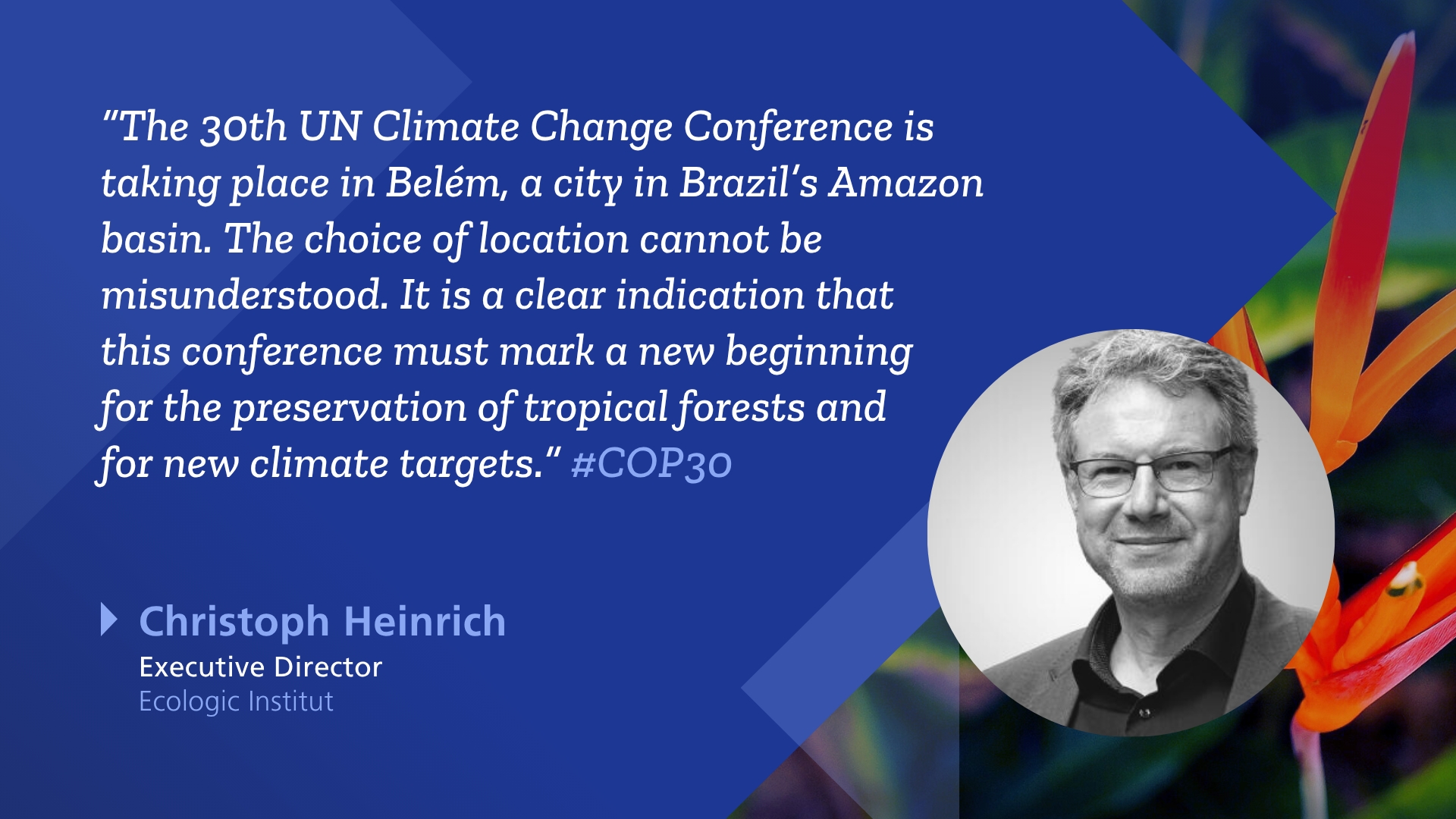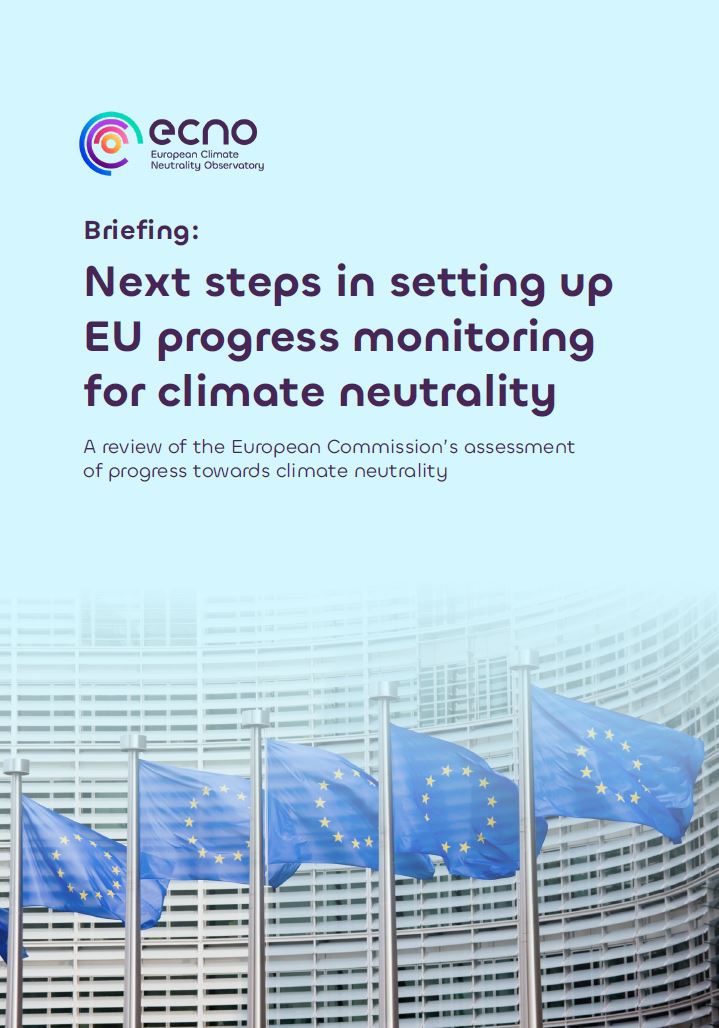Brazilian President Lula Da Silva wants Belém to send out a signal: a financing mechanism for the protection of tropical forests, the Tropical Forests Forever Facility (TFFF). The aim is to raise USD 125 billion to support the countries of South America, Africa and Asia for preserving the lungs of the earth. Brazil has set a good example and is the first country to pledge USD 1 billion. Now it is the world's turn. Hopefully, Europeans will understand that protecting tropical forests, the world foremost climate safers and home to the greatest biological treasure, is perhaps the best investment possible.
The Tropical Forest Fund can send a strong signal, but what about the implementation of the Paris Climate Agreement? Could it be that one of the most important items on the agenda of the 30th Climate Change Conference in Belém is not even on the agenda yet? I am referring to the NDCs – the Nationally Determined Contributions – i.e. national climate protection contributions.
They are at the heart of the Paris Climate Agreement and should be submitted by all member states by September this year, with stronger, more ambitious targets. The fact that the EU managed to agree on its NDC just before the conference is a good sign, one of the few. Many countries still haven't submitted new NDCs, and others, including China, have presented ones with limited ambition. At this pace, the goal of keeping global warming below 1.5°C is slipping out of reach. Even more worrying, NDCs are not on this conference's official agenda. We know that before such meetings, positions often harden, and even agendas become political. The interests of oil- and gas-producing countries and large corporations are clearly visible.
If Belém is to send out a signal, it must be this: we cannot close our eyes to reality, and the process must continue.





